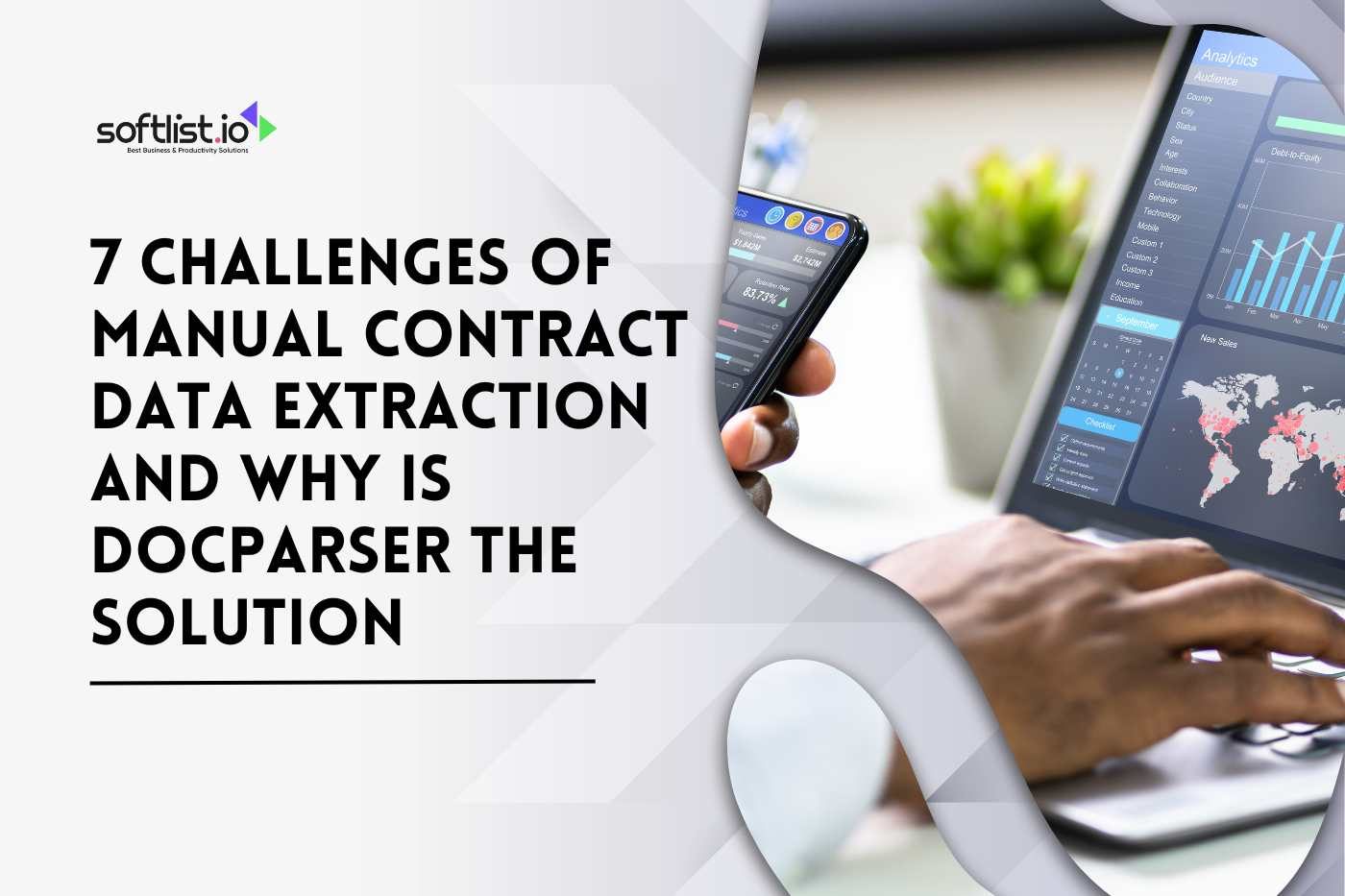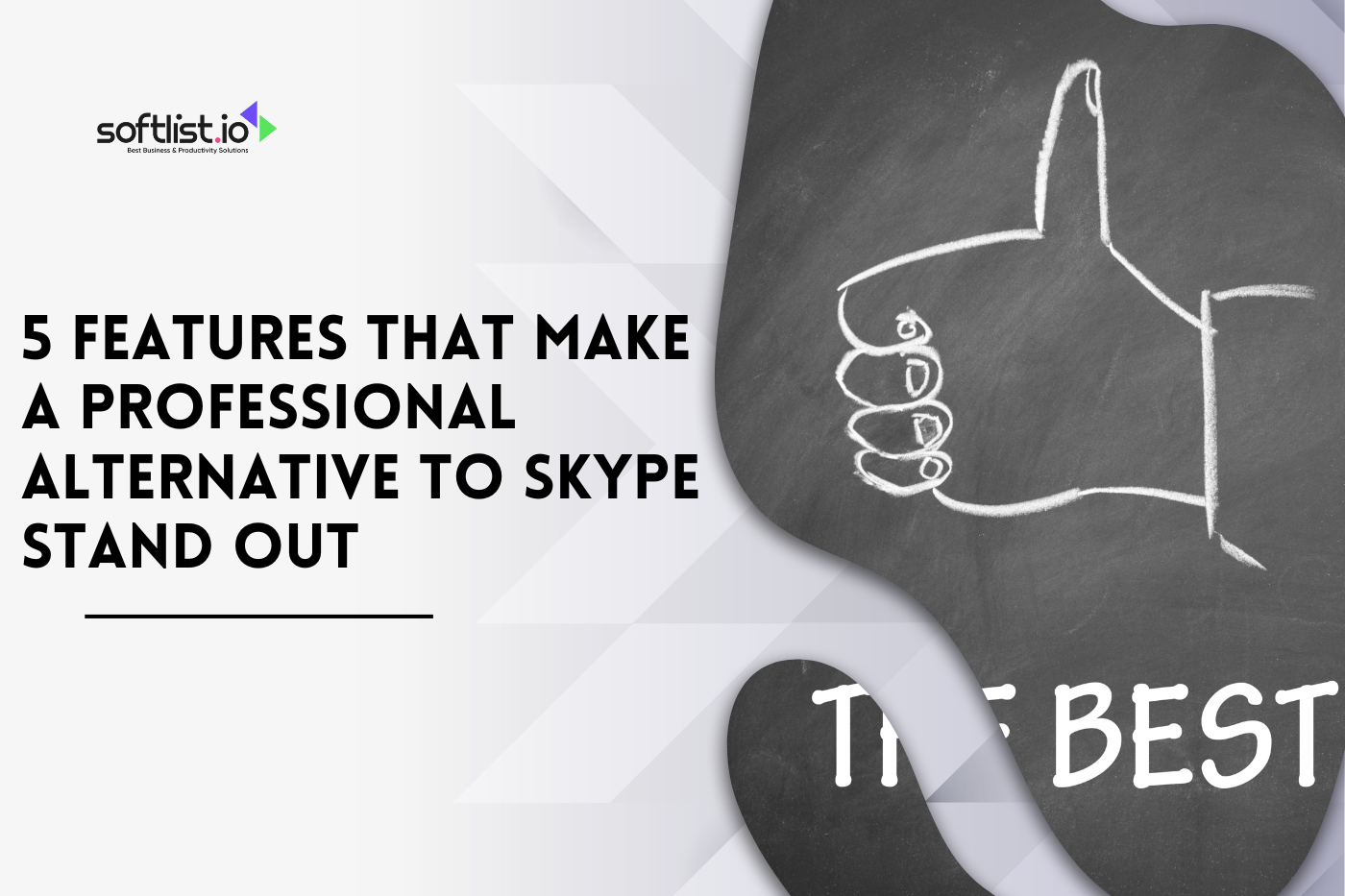Finding the right cybersecurity provider for your business can be a huge task. New cyber threats pop up daily, making it hard to keep up and stay safe. You might worry about the cost and effort of having your own security team, or whether they can protect against the latest hacking tricks.
It’s important to have a cybersecurity provider who knows both the technology side of things and your business and what it needs. Not only do you need to stop hackers, you also need to find someone who can grow with you and help your business run smoothly no matter what.
But, how do you make this crucial decision? Let’s dive into the essentials of picking the best cybersecurity provider for your company, breaking down the complex process into manageable steps that lead you to a secure and prosperous partnership. Let’s jump right in!
How are Cybersecurity Services Delivered?
Cybersecurity services are delivered through advanced technology, specialized expertise, and tailored strategies to protect businesses from cyber threats. Providers use software tools and human expertise to monitor networks, systems, and data 24/7. They deploy security measures such as firewalls, antivirus programs, and intrusion detection systems to prevent unauthorized access.
Cloud-based security solutions offer scalable protections that adapt to a company’s size and needs. Managed cybersecurity services take the burden off internal teams by handling everything from threat detection to incident response.
This approach allows businesses to benefit from the latest security technologies and best practices without investing heavily in in-house resources. Cybersecurity services are often customized to fit the specific needs of a business, ensuring that all aspects of the company’s digital presence are secured against evolving cyber threats.

Source: Canva Pro
Crucial Factors to Evaluate When Selecting a Cybersecurity Vendor
It’s crucial to undertake a thorough evaluation to ensure that your chosen cybersecurity provider can effectively protect your organization from cyber threats.
You should consider the following factors:
Evaluate the provider’s track record and expertise
Investigate the vendor’s history and experience in the cybersecurity field. Look for evidence of their ability to identify, respond to, and mitigate cybersecurity threats.
This could include case studies, customer testimonials, or a list of previous incidents they have successfully managed. A provider with a strong track record will likely be more reliable and effective.
Seek a provider with experience in your sector
Cybersecurity needs can vary significantly across different industries. A vendor experienced in your sector will be more familiar with the common threats and compliance requirements relevant to your business.
For example, the healthcare industry requires strict adherence to HIPAA security regulations, while financial services firms must comply with PCI DSS standards.
An experienced provider in your sector will understand these nuances and be better equipped to protect your organization.
Ensure the provider holds relevant security certifications
Certifications such as ISO 27001, CISSP, or CISM can indicate that a vendor has a certain level of expertise and commitment to maintaining high-security standards. These certifications are awarded to individuals or organizations that have demonstrated their knowledge and proficiency in various areas of cybersecurity.
Selecting a provider with relevant certifications can provide reassurance of their capabilities and professionalism.
Confirm adherence to sector-specific security standards
Beyond general cybersecurity practices, the vendor must understand and comply with security standards and regulations specific to your industry.
This ensures that your cybersecurity measures protect your data and comply with legal and regulatory requirements. Failure to comply with these standards can result in penalties and damage your reputation.
Scrutinize their knowledge and skills in cybersecurity
Assess the vendor’s depth of knowledge and skill in cybersecurity. This can involve discussing potential security scenarios with them, reviewing their threat detection and response strategies, and understanding the technologies and methodologies they employ.
A vendor that demonstrates a deep understanding of cybersecurity principles and stays up-to-date with the latest threats and technologies is more likely to protect your organization effectively.
Anticipatory security measures
This involves assessing a vendor’s ability to not just react to security threats as they occur, but to anticipate and mitigate them before they impact your organization.
This includes looking at how the vendor utilizes threat intelligence, conducts regular security assessments, and implements proactive security controls and technologies.
The effectiveness of these measures can significantly reduce the risk of security breaches and cyberattacks.
Investigate the effectiveness of their support services
The level and quality of support services a cybersecurity provider offers can greatly affect your organization’s ability to respond to and recover from security incidents.
This includes technical support availability (24/7 support, for example), the expertise of their support personnel, and the channels through which support can be accessed (phone, email, chat, etc.).
Evaluating past customer experiences and reviews can provide insights into the reliability and effectiveness of the vendor’s support services.
Transparent and detailed service level agreements (SLAs)
SLAs are crucial for setting clear expectations between your organization and the cybersecurity provider. They should detail the scope of services provided, performance benchmarks, response times for support inquiries, and protocols for incident response, among other things.
Transparency and specificity in SLAs ensure that both parties are clear on responsibilities and expectations, reducing the potential for disputes and ensuring that your cybersecurity needs are adequately met.
Assess the promptness of their response to inquiries and issues
A vendor’s speed in responding to inquiries and resolving issues is critical to effective cybersecurity management. Delays in addressing vulnerabilities or responding to incidents can increase risk and potential damage.
When evaluating vendors, consider their stated SLA response times and gather feedback from current or past clients about their actual experiences with the vendor’s responsiveness.
Examine their strategy and efficiency in managing security incidents
Understanding a vendor’s approach to incident management is essential. This includes their processes for detecting, analyzing, and responding to security incidents, as well as how they communicate with clients during and after an incident.
Effective incident management minimizes the impact of security breaches and ensures that lessons are learned and security postures are strengthened over time.
Verify the adaptability of their security solutions to your needs
Assess whether the vendor’s solutions can be customized to fit your specific security requirements. This involves looking at the flexibility of their security architectures, the reconfigurability of their tools, and their willingness to tailor their approach to suit your environment.
A vendor that offers adaptable and flexible solutions demonstrates a readiness to cater to your organization’s unique challenges.
Determine their capability to integrate with your existing systems
Compatibility with current systems is essential for seamless security operations. Evaluate the vendor’s experience and success in integrating their solutions with various platforms and technologies.
This might involve technical discussions or proof-of-concept demonstrations to ensure their tools can work effectively within your existing IT infrastructure without causing disruptions.
Assess the cybersecurity provider’s ability to grow and adapt to your evolving needs
As your organization grows, your cybersecurity needs will also change. It’s important to choose a vendor that can scale their solutions in response to your evolving requirements.
This means looking at their track record of innovation, the scalability of their solutions, and their approach to customer feedback and product development.
A vendor that is committed to continuous improvement and can offer scalable solutions is more likely to meet your needs in the long term.
Investigate their practices in security evaluations and penetration testing
Regular security evaluations and penetration testing are critical for identifying vulnerabilities before they can be exploited by attackers. Inquire about the vendor’s methodologies for conducting these assessments, the frequency with which they recommend them, and how they use the findings to improve security postures. A vendor that strongly emphasizes proactive security assessments demonstrates a commitment to maintaining high-security standards.
Take into account the overall costs and ensure they align with your budget
Finally, it’s crucial to ensure that the services offered by the vendor fit within your budgetary constraints. This includes not only the initial setup and subscription costs but also any potential expenses related to upgrades, additional services, or incident responses.
Be sure to discuss and understand all possible costs upfront to avoid unexpected expenses. Comparing costs against the value and protection offered can help justify investing in a quality cybersecurity solution.
Red Flags to Watch Out for in a Cybersecurity Provider

Source: Canva Pro
When considering a cybersecurity provider for your business or personal needs, you must be aware of red flags that may indicate a provider isn’t up to par. Identifying these warning signs can help you avoid entrusting your data security to a less-than-reliable partner.
These are some red flags to watch out for:
1. Lack of Transparency
A trustworthy cybersecurity provider should be open about their methodologies, tools, and strategies. If a provider is vague about their processes or unwilling to share their security measures in detail, it might indicate they have something to hide or lack the necessary expertise.
2. One-Size-Fits-All Solutions
Cybersecurity needs vary greatly depending on the industry, company size, and specific IT infrastructure. Providers offering generic, one-size-fits-all solutions likely do not take the unique aspects of your business into account, which can leave significant security gaps.
3. Overpromising
Beware of providers that promise 100% security or claim they can make your systems impervious to breaches. Cybersecurity is about risk management, not absolute guarantees. Providers making such promises might be overselling their capabilities or misunderstanding the nature of cybersecurity.
4. Lack of Industry Certifications
Certifications such as ISO/IEC 27001, CISSP, or CISM are indicators of a provider’s commitment to industry best practices and ongoing education. A lack of certifications may suggest the provider’s staff lacks the latest knowledge or skills in cybersecurity.
5. Negative Reviews or Lack of References
Research the provider’s reputation. Look for reviews, case studies, or testimonials from previous or current clients. A lack of positive references or the presence of numerous negative reviews can be a significant red flag.
6. Inadequate Response Plan
In the event of a security breach, a rapid and effective response is crucial. If a provider does not have a clear, detailed incident response plan or cannot demonstrate their capacity to handle emergencies, it’s a sign they might not be prepared to effectively manage a crisis.
7. No Continuous Monitoring
Cyber threats evolve rapidly, and continuous monitoring is essential for early detection of potential breaches. Providers that do not offer 24/7 monitoring services may not be able to promptly identify and mitigate threats to your systems.
8. Non-compliance with Regulations
Ensure the provider understands and complies with relevant regulations and standards, such as GDPR, HIPAA, or PCI-DSS, depending on your industry. Non-compliance can result in legal issues and fines, as well as security vulnerabilities.
9. Pushy Sales Tactics
High-pressure sales tactics should raise alarms. A reputable cybersecurity provider should give you the space and information you need to make an informed decision without pressure or fear tactics.
10. Unclear Pricing Structures
Transparent pricing is essential. If a provider is not clear about costs, or if there are hidden fees not disclosed upfront, it may lead to unexpected expenses down the line.
Reasons to Partner with a Cybersecurity Services Provider

Source: Canva Pro
- Expert Help: Cybersecurity providers know a lot about protecting against online threats, so you get the best protection without needing to be an expert yourself.
- Saves Money: It’s often cheaper to hire a cybersecurity provider than to create your own security team from scratch.
- Always Watching: These providers watch your systems all the time, ready to stop cyberattacks before they can do any harm like ransomware, and email phishing attacks that are on the rise today.
- Latest Tools: You get access to the newest security technology without buying it yourself.
- Stay Legal: Cybersecurity provider helps make sure your business follows laws about keeping data safe and avoiding fines.
- Grows with You: As your business grows, it’s easy to increase your cybersecurity to match, without extra hassle.
- Focus on Your Business: Outsourcing cybersecurity lets you concentrate on what your business does best, not on fighting cyber threats.
- Quick Reaction: If an attack happens, a cybersecurity provider can act fast to fix the problem and reduce damage.
- Learn from Experts: Working with a cybersecurity provider can teach your team a lot about staying safe online.
- Builds Trust: Customers feel safer knowing a professional firm is protecting their data.
In short, hiring a cybersecurity provider can give you strong protection, save money, and let you focus on running your business while building trust with your customers.
Role of HIPAA Security to Cybersecurity Services
The Health Insurance Portability and Accountability Act (HIPAA) plays a crucial role in cybersecurity services, especially for those dealing with health care information. HIPAA sets strict rules on how to protect patient health information, ensuring that it’s kept private and secure.
For a cybersecurity provider, following HIPAA means making sure that any health data they handle for clients is encrypted, access is controlled, and all activities are monitored and recorded.
This is important not just for keeping the information safe from hackers but also for making sure healthcare organizations don’t face legal issues by failing to protect their patients’ privacy.
Essentially, HIPAA guides cybersecurity efforts in healthcare to maintain the confidentiality, integrity, and availability of patient data.
Final Thoughts
Choosing the right cybersecurity provider is key to keeping your company safe. Look for one that knows how to protect your network and cloud, offers 24/7 help, and can grow with your business. It’s not just about finding someone who can stop hackers; it’s about finding a partner who understands your company and helps you follow the rules, too.
If you want to keep your company’s data even safer, check out our Data Security Services articles. They’re full of tips and advice to help you pick the best cybersecurity provider for your needs. Learn more about Data Security Services on our website and start protecting your business today.
Frequently Asked Questions
How important is it for a cybersecurity provider to have expertise in cloud security?
Extremely important. With many companies moving resources to the cloud, your cybersecurity provider must offer strong cloud security solutions to protect your data and applications from cyber threats, unauthorized access, and data breaches.
What resources should a cybersecurity provider offer to support my company’s security needs?
Look for a cybersecurity provider that offers comprehensive resources, including 24/7 monitoring, incident response teams, regular updates, and training for your staff on the latest security threats and best practices.
How can I ensure a new cybersecurity provider is up-to-date with the latest cyber threats?
Ask about their process for staying informed and how they implement new cybersecurity technologies and strategies. A top provider should continuously monitor the cyber landscape and adapt their defenses accordingly.
What are the benefits of managed cybersecurity services over in-house security teams?
Managed cybersecurity services offer expertise, efficiency, and cost-effectiveness. They provide 24/7 monitoring, quickly adapt to new threats, and have access to a wide range of specialized security tools and technologies, freeing your internal team to focus on other business-critical operations.
What should I look for in a cybersecurity provider’s network defense capabilities?
Seek a provider with robust network security measures that can protect your company’s data against intrusions and attacks. Their network defenses should include advanced threat detection, firewall management, and regular security assessments.






